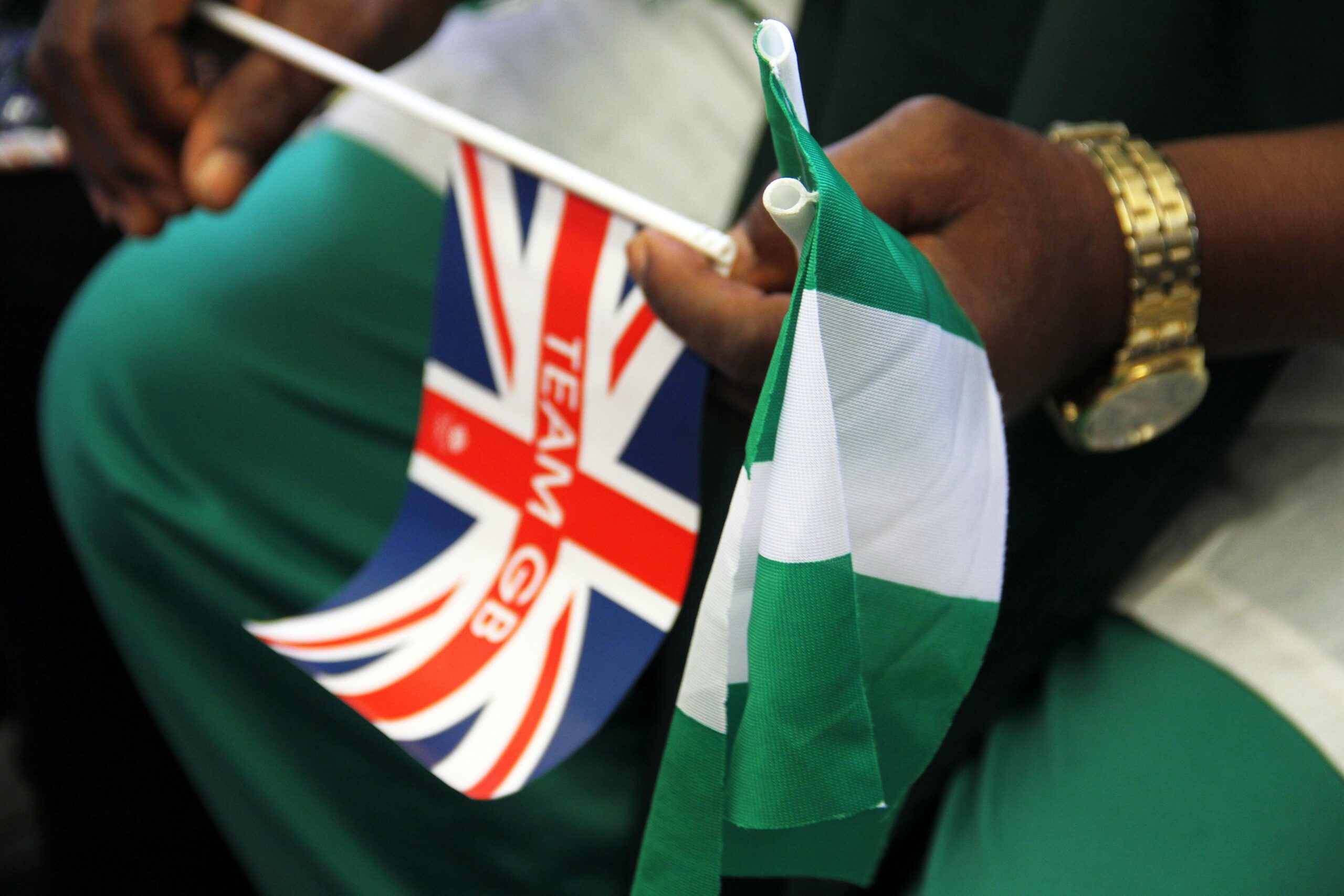
Team GB
Photo by Joe Darams on Unsplash
Unsurprisingly, football did not “come home.” Also unsurprisingly, Black British footballers were met with a barrage of racism as a result.
Over the past few weeks, England’s success in the Euro Cup tournament was praised for bringing the nation together. As the team made history and made it to the finals on July 11th, the rallying cry of “it’s coming home” injected the country’s spirits with an intoxicating cocktail of hubris and hopefulness.
And despite England’s usual mid-tier tournament performance, for a minute … It really looked like it was coming home.
For context: It’s been a long time coming. For a country which bases so much of its national identity on the sport and is famous among soccer fans for the Premier League, the England team doesn’t routinely fare well.
The last time England played in any major international tournament was the 1966 World Cup. And the Euro Cup? They’ve traditionally fared even worse, never making it to the final.
So, though English crowds love to boisterously proclaim that “the football’s coming home,” no one really had high hopes — until the boys kept winning.
The unprecedented success of the English national team set the country alight, with many other countries attuned to the nation’s success just by their odious self-aggrandizing on social media. Sure, maybe some of us were praying for their downfall but the camaraderie fostered by the Euros could not be denied.
Oh, how quickly the other shoe dropped.
When England played Italy in the Finals on Sunday, the game was closer than expected — stringing the English fans along and teasing them with a victory that seemed like it was almost in sight.
Ultimately, the game was so close it came down to penalties, and Italy was victorious in a 3-2 win. And like clockwork, it all went downhill from there.
After weeks of applauding the British team; the captain, Harry Kane; and the coach, Gareth Southgate, the last minute defeat made the tune change immediately.
As the game drew to a close and it became clear that penalties would decide the Cup, Southgate sent Marcus Rashford, 23, Jadon Sancho, 21, and Bukayo Saka, 19, in to save the game — but ultimately, they lost.
The three young, Black players were immediately subjugated to online, racist abuse as disappointed fans blamed them for the loss.
Suddenly, all cries of unity and camaraderie under the unifying umbrella of “England” disappeared and were replaced by racist epithets and violent threats.
Some officials tried to interject with reason, trying to quiet the masses and inspire gratitude about just making it to the Finals, but all that good feeling had disappeared.
When England won, it was a victory for the team and the country. When England lost, it was suddenly an indictment on the Black players.
The barrage of abject racist comments and outbreaks of violence from white fans is profoundly disappointing, deeply upsetting, but not at all surprising.
Before the Euro Cup, many of the Black Premier League players had started speaking out against racial injustice — taking a knee a la Colin Kaepernick, and wearing “Justice for George Floyd” apparel. Many of the players are also activists off the field — notably Rashford, who has become a voice against child poverty and systematic inequality.
Obviously, this did not go over well with many fans.
All the usual criticisms were leveled — fans telling the players to stick to the game and shut up — but racism was rampant too.
The politics of British football are complex at best: the blind, problematic patriotism that occurs when the team wins, but the dehumanization of the Black players when it loses.
Ideally, rooting for England would mean rooting for the best of the team and what the boys stand for, but it feels fraught when the country is a time-bomb of racism waiting to reveal itself.
All these performative tweets but when will Britain actually tie serious consequences to racism? When will Britain admit it has a serious problem with racism? When will cabinet members be held responsible for encouraging racist behaviour?https://twitter.com/england/status/1414907459567767553u00a0u2026— ud83cudde8ud83cudde9ud83cudde8ud83cudde9ud83cudde8ud83cudde9ud83cudde8ud83cudde9 (@ud83cudde8ud83cudde9ud83cudde8ud83cudde9ud83cudde8ud83cudde9ud83cudde8ud83cudde9) 1626179588
Though Americans often come into global news for racist policies or events, the British have recently been forced to come to a reckoning about the systemic oppression ingrained into their own system. In England, protests erupted last summer as American tensions spurred conversation about the underrepresented experiences of Black British communities.
However, these conversations have been happening as conservative ideals are also gaining momentum. Brexit, the election of Boris Johnson, and even the treatment of Meghan Markle are indicators of the incipient racism that, for so long, has gone underacknowldged in England.
Expressing surprise at the treatment of Black British players and the violence that has been perpetrated against Black people since England lost is perpetuating the idea that racism in England is not the norm — but it is.
The treatment of Sancho, Rashford, and Saka is illustrative of how Black people are expected to be excellent and, if they are anything failing that, they are subject to abuse.
In a statement released on Twitter, Rashford addressed the missed penalties, apologizing for disappointing the country. He also addressed racism, saying: “I will never apologise for who I am and where I come from.”
pic.twitter.com/bs9lksGM4q— Marcus Rashford MBE (@Marcus Rashford MBE) 1626119189
Some are lauding him for his restrained response to the abuse, but it is indicative of how long he has had to deal with similar treatment. His practiced patience in the face of horrific comments is a testament in itself about how often racism is dredged up as a weapon by white fans.
So why is anyone still surprised?














